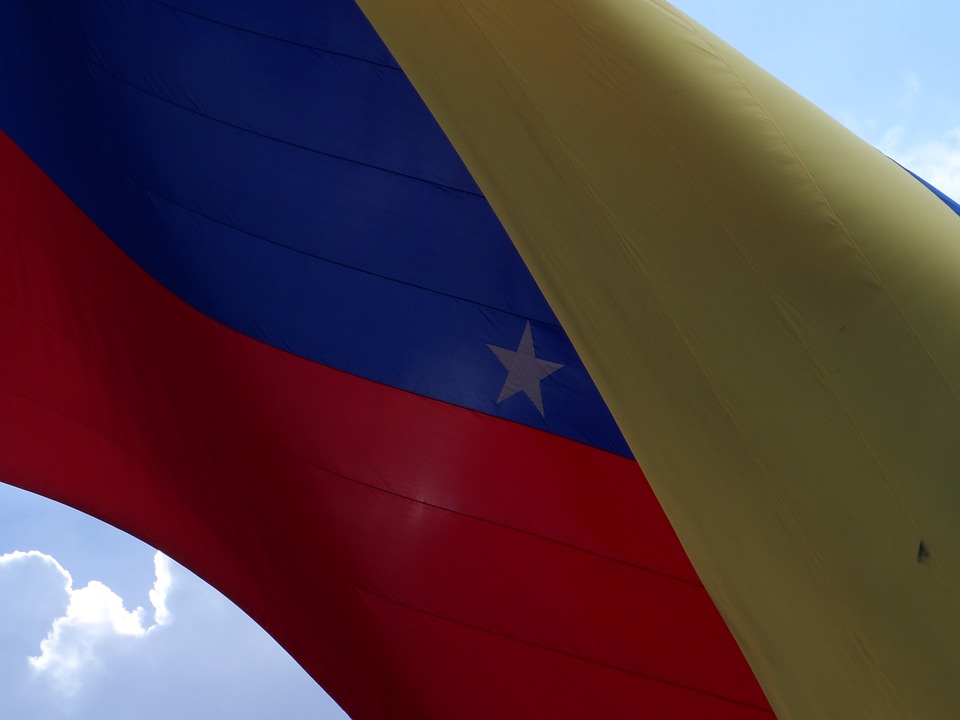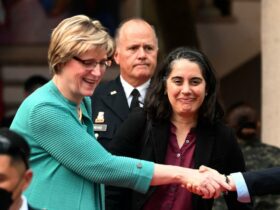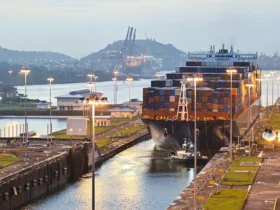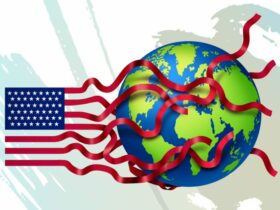While speaking at a press conference at UN Headquarters, Venezuela’s UN representative Samuel Moncada commented on US authorities’ demand that embassy employees loyal to Nicolas Maduro vacate the premises so that they can be handed over to employees working on behalf of us-backed self-declared interim president of Venezuela Juan Guaido.According to Moncada, the United States rejected the Venezuelan authorities proposal to elect Turkey as a “protecting power” to help keep the Venezuelan embassy in Washington safe.
“The U.S. is appointing the Swiss government to serve as a protecting power in Caracas, and we are respecting that. But we also need that they accept our protecting power,” Samuel Moncada said during a press conference, Moncada said.
“We proposed that Turkey fill the role, but the US responded ‘No, we don’t recognize your authority. We recognize only Juan Guaido,” the Venezuelan Representative added.
Earlier, US authorities announced the beginning of the legal process to seize the Venezuelan embassy in Washington, where activists have been on duty for more than a month keeping it under the control of the legitimate Venezuelan authorities.
The US State Department claims that the embassy’s building is now owned by the Juan Guaido administration, and therefore consider the presence of Maduro supporters “illegal.”
The ministry has said that Carlos Vecchio, who was appointed by the opposition leader as temporary charge d’affaires of Venezuela in the United States, has demanded that the protesters voluntarily release the building.
#SepaQue Carlos Vecchio, delegado en EEUU del presidente encargado de Venezuela, Juan Guaidó, anunció la activación por internet del Registro Único Consular para censar a los venezolanos en el país https://t.co/ZuNA79bCzZ pic.twitter.com/mvQKJvGfMO
— Efecto Cocuyo (@EfectoCocuyo) May 30, 2019
PROTEST ACTION CONTINUES
Anti-coup activists, many of whom are activists from the anti-war organization CodePink, continue to hold down the building, while followers of Guaido remain on duty outside.
The protesters were invited to the building by representatives of the Venezuelan government, and argue that the police have no right to force them to leave.
From time to time clashes between the police and the protesters occur, as authorities try to prevent the people inside from receiving food and water.
Police sparked outrage last week by turning off the electricity and water to the building to try to force the protesters out.
At the beginning of the year, after a US proposal to convene a meeting of the UN in order to discuss the crisis in relations with Venezuela, Nicolas Maduro announced the severance of diplomatic relations with the United States and the closure of all US embassies and consulates in his country.
WHAT IS A “PROTECTING POWER?”
Ex-Ambassador Uluç Özülker commented on the meaning of the term “protecting power” in conversation with UWI.
According to Özülker, the term signifies a “guarantor country” or “representative country” which helps handle the everyday functions of an embassy after it has been closed: “What happens when one country closes the embassy of another country on its territory? After all, the citizens of this country still remain there… it is necessary to provide for their needs in some way. And how are political relations maintained? For this, the country appoints a so-called “protecting power” (representative), on whose behalf such cases will be conducted, ”the former diplomat explained.
Özülker stressed that the US’ actions violated international law: “The USA, having violated the norms of international law, broke off relations with Venezuela. How will the visa requirements of citizens of this country be dealt with in this situation, how will political negotiations be conducted? For these functions to continue, the country is forced to appoint a “representative state”. This is similar to the appointment of a lawyer with the country expected to act on behalf of their ‘client’. However, one should not confuse this situation with mediation, which is a different thing altogether. ”
US DENIES VENEZUELA’S PROPOSAL
Özülker pointed out that the United States rejecting Venezuela’s proposal to appoint Turkey as a protecting power is also a violation of international law. “Because the United States does not recognize Maduro as the legitimate president of the country, they demonstrate the same approach with regard to his request for a protector state. Does America have the right not to recognize a legitimately elected government? No. The United States is interfering in the affairs of elected authorities and refuses to accept their legitimate offers… They have an arbitrary policy of rejecting any effort by the Venezuelan government apriori. The real question, is how the US can see its actions as at-all conscionable,” concluded Özülker.
















Leave a Reply